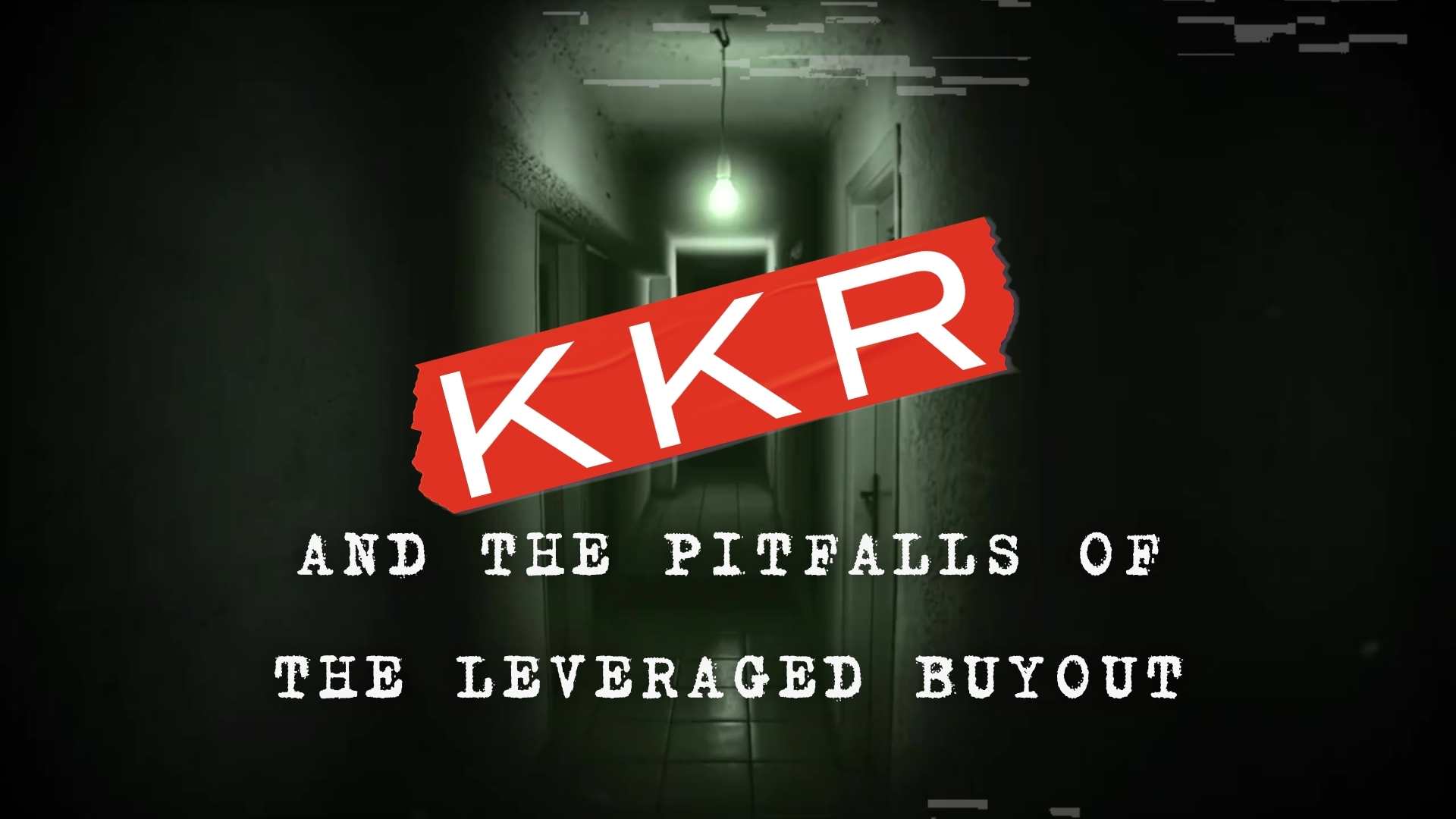
Report finds labor abuses and safety violations at KKR
November 6, 2025
Ahead of KKR quarterly results, report finds labor abuses and safety violations across $700 billion empire
Despite public promises of “employee ownership,” KKR’s record shows recurring safety hazards, mass layoffs, and labor rights abuses.
A new analysis from the Private Equity Stakeholder Project (PESP) reveals a troubling pattern of labor issues at companies owned by private equity giant KKR, one of the world’s largest investment firms with nearly $700 billion in assets under management. The report arrives as KKR prepares to brief investors on its latest financial results, offering a timely look at the human costs behind the firm’s performance numbers.
The report examines a series of case studies detailing unsafe working conditions, anti-union activity, and wage violations at major KKR portfolio companies—findings that raise questions about the firm’s claims of “responsible ownership.”
PESP’s research shows that despite KKR’s public commitments to shared prosperity and employee ownership, the firm’s companies have one of the worst labor track records among its peers. KKR received a failing grade in PESP’s 2023 Private Equity Labor Scorecard, which evaluated eleven of the largest private equity companies based on the safety violations, wage theft, and mass layoffs at their portfolio companies. The firm’s portfolio companies were responsible for an estimated nine layoffs per 1,000 employees and six bankruptcies in the past decade—one of the highest totals among all firms reviewed.
The new report documents a recurring pattern: KKR-owned companies repeatedly push costs and risks onto workers while extracting profits for investors. At Global Medical Response, investigators found widespread wage and hour violations that shortchanged hundreds of EMTs. At BrightView, the nation’s largest commercial landscaper, the firm has been fined over $120,000 for safety violations, even as it remains one of the top users of the H-2B visa program—criticized by the Economic Policy Institute for enabling worker exploitation. And at Refresco, KKR refused to meet with employees who organized for safer conditions and fair pay, despite repeated OSHA citations for hazards that led to injuries and amputations.
Across these companies, the impacts on workers are stark. OSHA has issued more than $525,000 in penalties to KKR-owned companies in recent years for violations that include chemical exposure, fall hazards, and failures to train staff on basic safety procedures. Many of the 828,000 reported employees in the firm’s portfolio companies work in low-wage, high-risk sectors like healthcare, manufacturing, and maintenance—fields where private equity ownership has been tied to lower pay, fewer benefits, and greater financial instability.
“KKR helped invent the leveraged buyout model that reshaped corporate America, but its legacy continues to burden the workers who keep its portfolio companies running,” said Azani Creeks, worker and consumer protection researcher at PESP. “From Toys ‘R’ Us to Refresco, the firm’s strategy of piling on debt and cutting costs has delivered short-term gains while exposing workers and companies to long-term harm.”
As KKR readies to discuss its quarterly results with investors, the findings highlight a side of the business that rarely makes it into earnings presentations: the risks to workers and long-term value. The report concludes that KKR, which traces its origins to the earliest leveraged buyouts of the 1970s, remains emblematic of an industry built on extraction rather than stability. While the firm promotes its employee-ownership initiatives, PESP’s findings show that KKR should invest in its portfolio companies through stronger labor protections, health and safety standards, and respect for worker organizing to ensure long-term stability for investors
The full report, “KKR and the Pitfalls of the Leveraged Buyout,” is available at: pestakeholder.org/reports/kkr-
